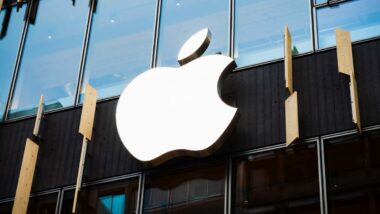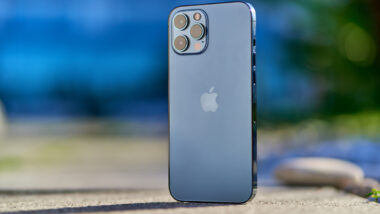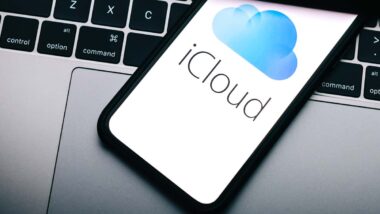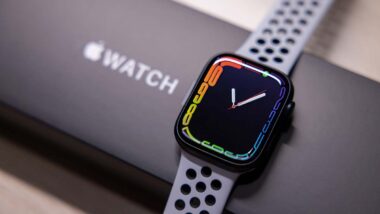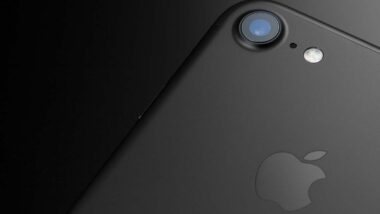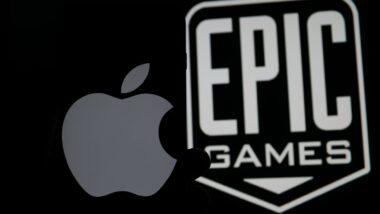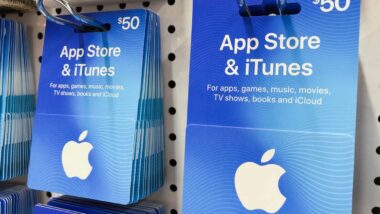Top Class Actions’s website and social media posts use affiliate links. If you make a purchase using such links, we may receive a commission, but it will not result in any additional charges to you. Please review our Affiliate Link Disclosure for more information.
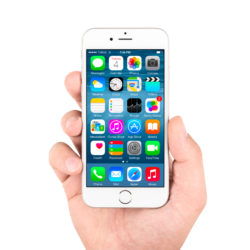
U.S. District Judge Yvonne Gonzalez Rogers granted Apple’s February 2016 motion for summary judgment on all grounds except for one.
According to the judge, the plaintiffs have presented factual allegations sufficient to show the existence of an antitrust market – but it’s a narrower market than the plaintiffs had in mind.
The judge accepted a theory put forth by one of the plaintiffs’ expert witnesses that Apple and AT&T exerted excessive market control by failing to let customers use their iPhones with competitor service providers after the expiration of their two-year AT&T service contract.
Judge Rogers found that customers who ran the course of those two-year agreements could reasonably expect that they would then be able to use their iPhone with another service provider.
But it wasn’t until April 2012 that AT&T began providing the unlock codes necessary to switch providers, the judge said. Therefore those customers were locked into renewing service with AT&T. For that reason, Judge Rogers denied Apple’s motion for summary judgment as to that particular theory.
The judge also rejected Apple’s argument that the plaintiffs had generally failed to include all economic substitutes in their market definition. Judge Rogers pointed out that as a matter of law, an antitrust claimant may “restrict the relevant market to a single brand of the product at issue,” making no single factor dispositive.
On the other hand, Judge Rodgers rejected the plaintiffs’ argument that the purchase of an iPhone was a separate and distinct transaction from the purchase of voice and data services from AT&T. They argued that the first transaction bound customers into entering into the second, essentially locking customers into a secondary market for services related to the iPhone purchase.
But Judge Rogers found these two transactions were not separate. The iPhone purchase and the two-year service contract were essentially bundled together, such that an iPhone purchaser would not be surprised to find themselves having to enter into an AT&T service contract, the judge said.
The judge also rejected plaintiffs’ assertion that a secret five-year exclusivity agreement existed between Apple and AT&T. Discovery revealed that such an agreement never materialized, the judge said.
Plaintiffs Zack Ward and Thomas Buchar filed this Apple antitrust class action lawsuit in October 2012. They allege Apple’s anti-competitive actions originated before the company released the original iPhone in June 2007.
The plaintiffs claim that Apple entered into a secret agreement that made AT&T the exclusive provider of voice and data service for iPhone owners through 2012. The purported agreement would have locked iPhone owners into five years’ worth of AT&T service without their knowledge.
The plaintiffs are represented by attorneys Francis M. Gregorek, Michael Liskow, Rachele R. Rickert, Mark C. Rifkin, and Alexander H. Schmidt of Wolf Haldenstein Adler Freeman & Herz LLP.
The Apple Antitrust Class Action Lawsuit is Zack Ward, et al. v. Apple Inc., Case No. 4:12-cv-05404, in the U.S. District Court for the Northern District of California.
UPDATE: On Feb. 16, 2018, a California federal judge denied certification to a class action lawsuit alleging an exclusivity agreement between Apple and AT&T locked iPhone users into using AT&T’s voice and data service even after their agreements with the wireless provider expired or were otherwise terminated.
ATTORNEY ADVERTISING
Top Class Actions is a Proud Member of the American Bar Association
LEGAL INFORMATION IS NOT LEGAL ADVICE
Top Class Actions Legal Statement
©2008 – 2024 Top Class Actions® LLC
Various Trademarks held by their respective owners
This website is not intended for viewing or usage by European Union citizens.




